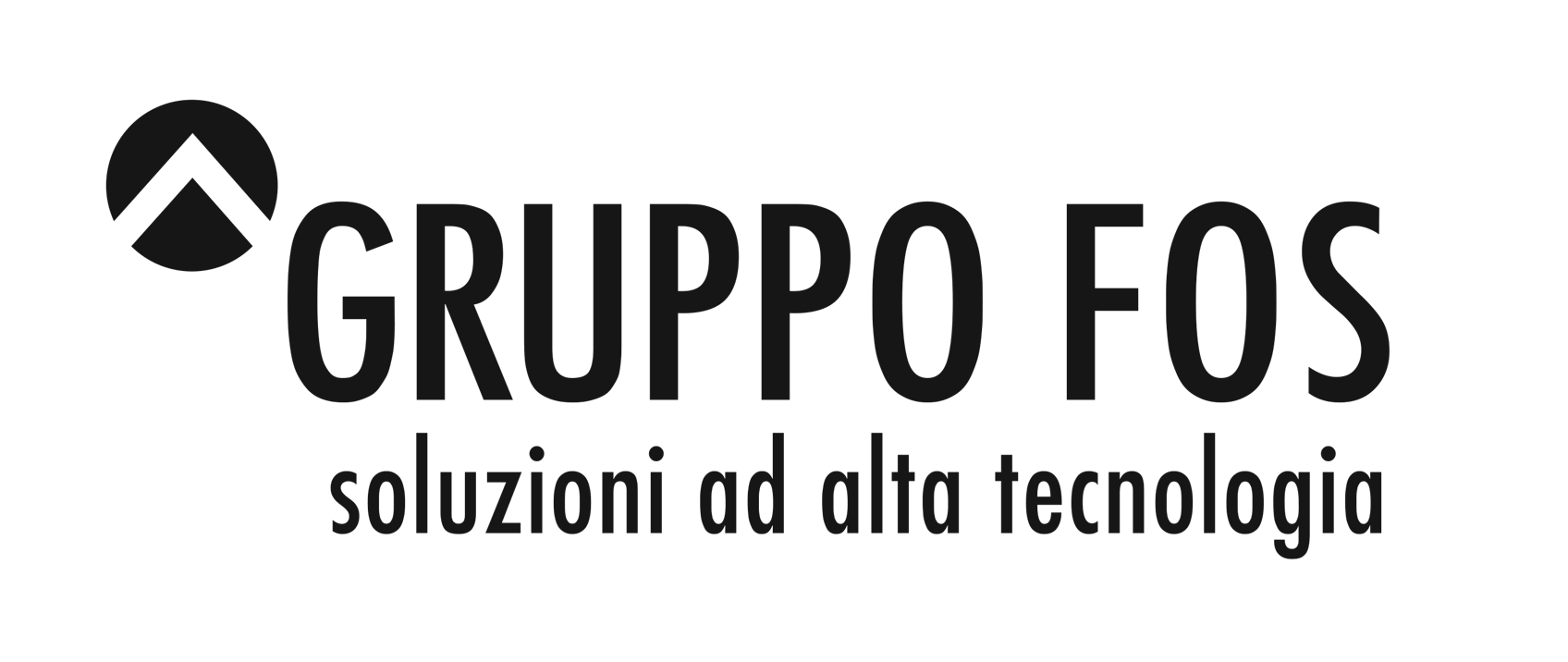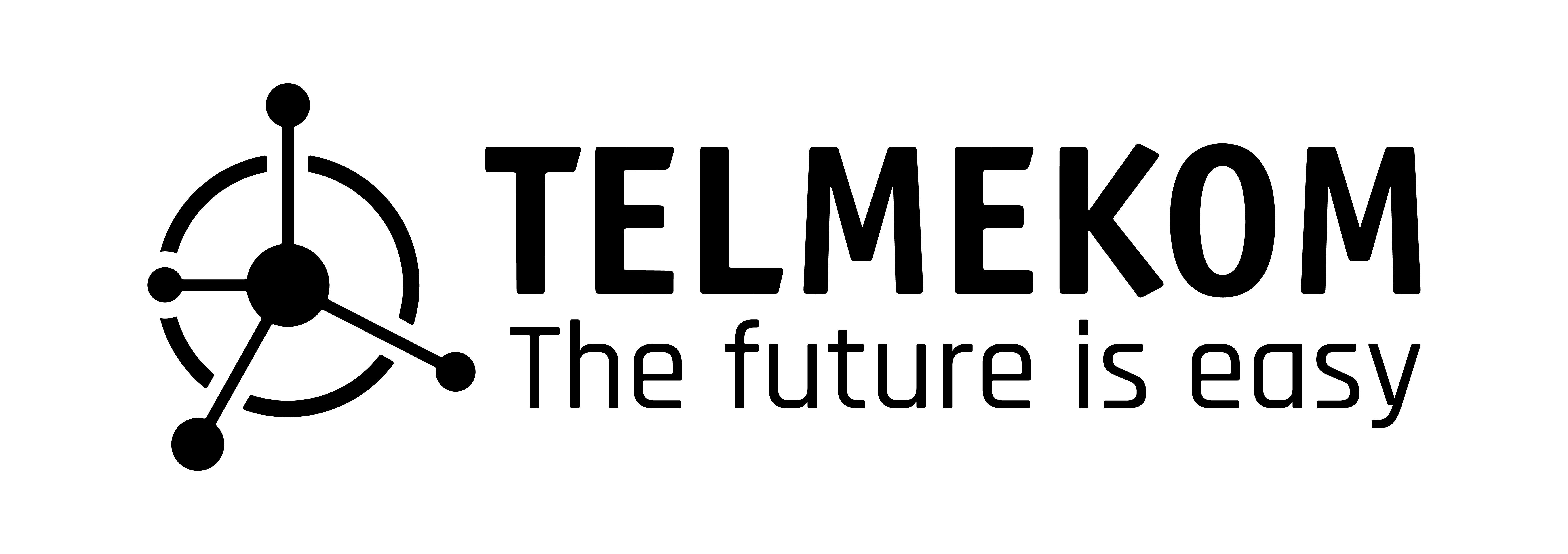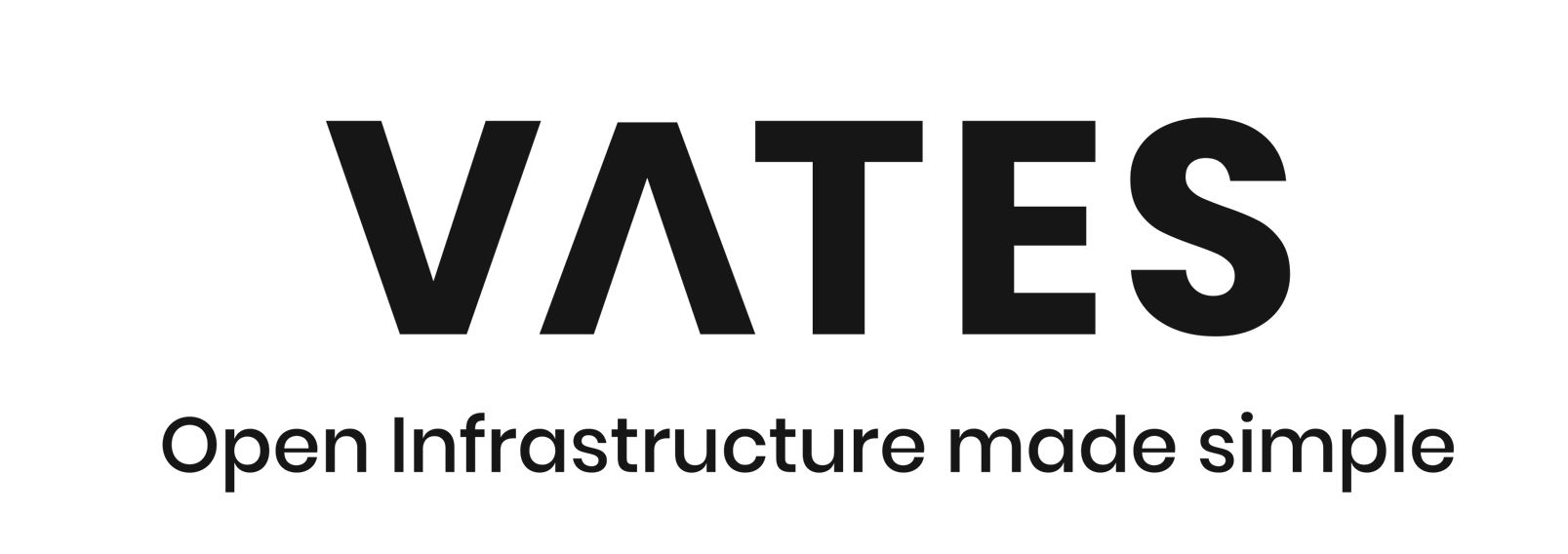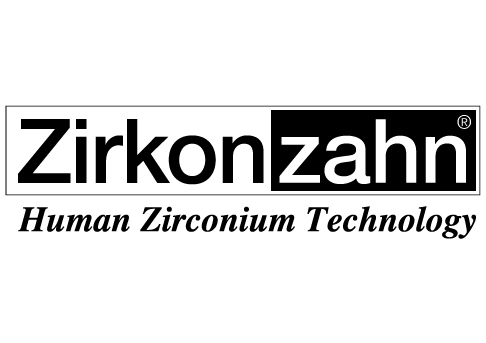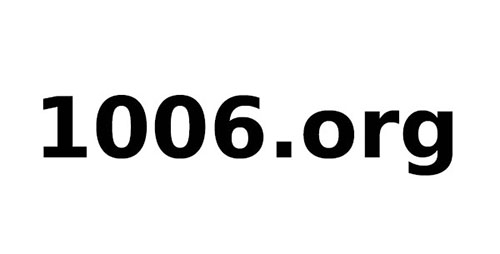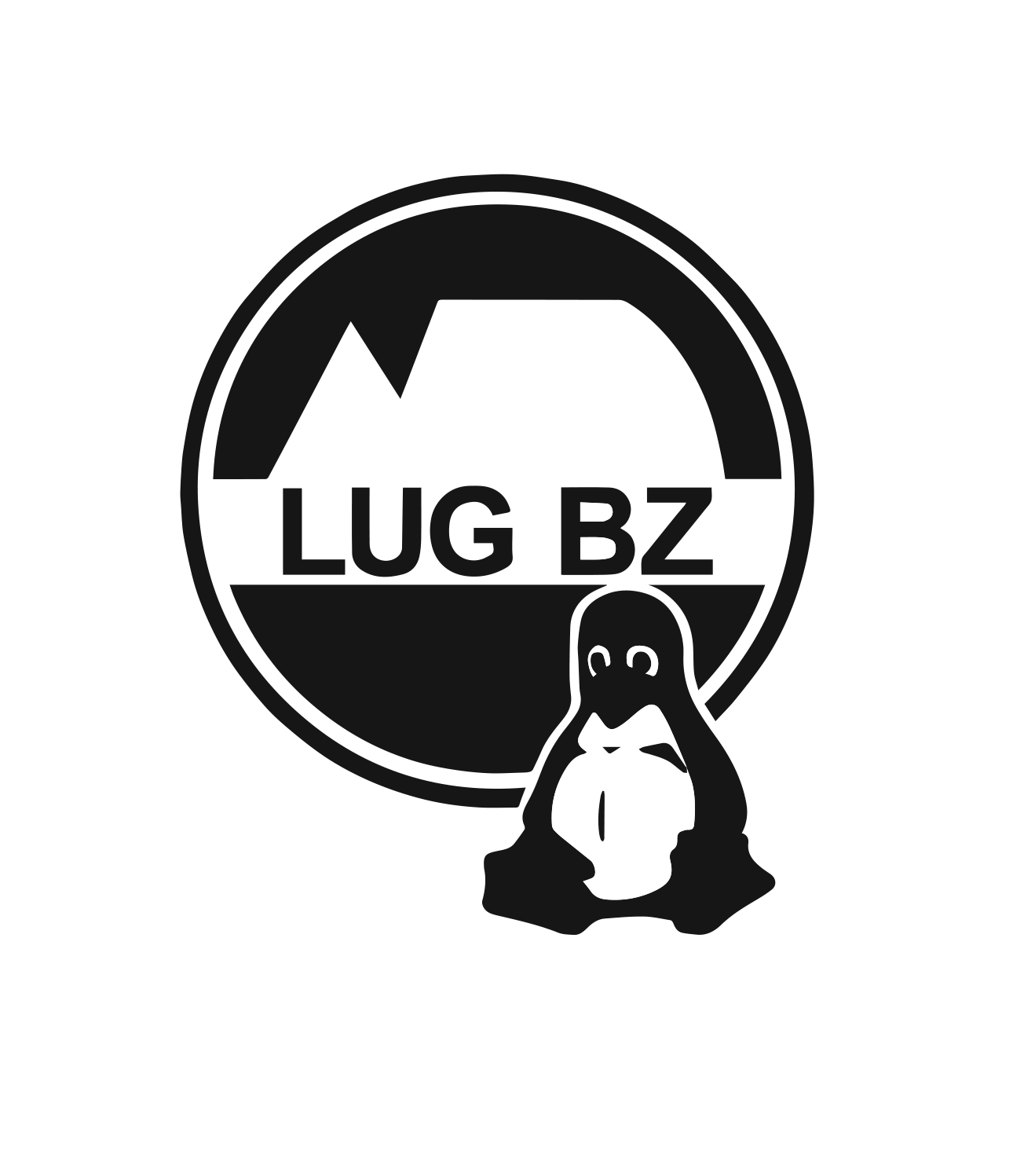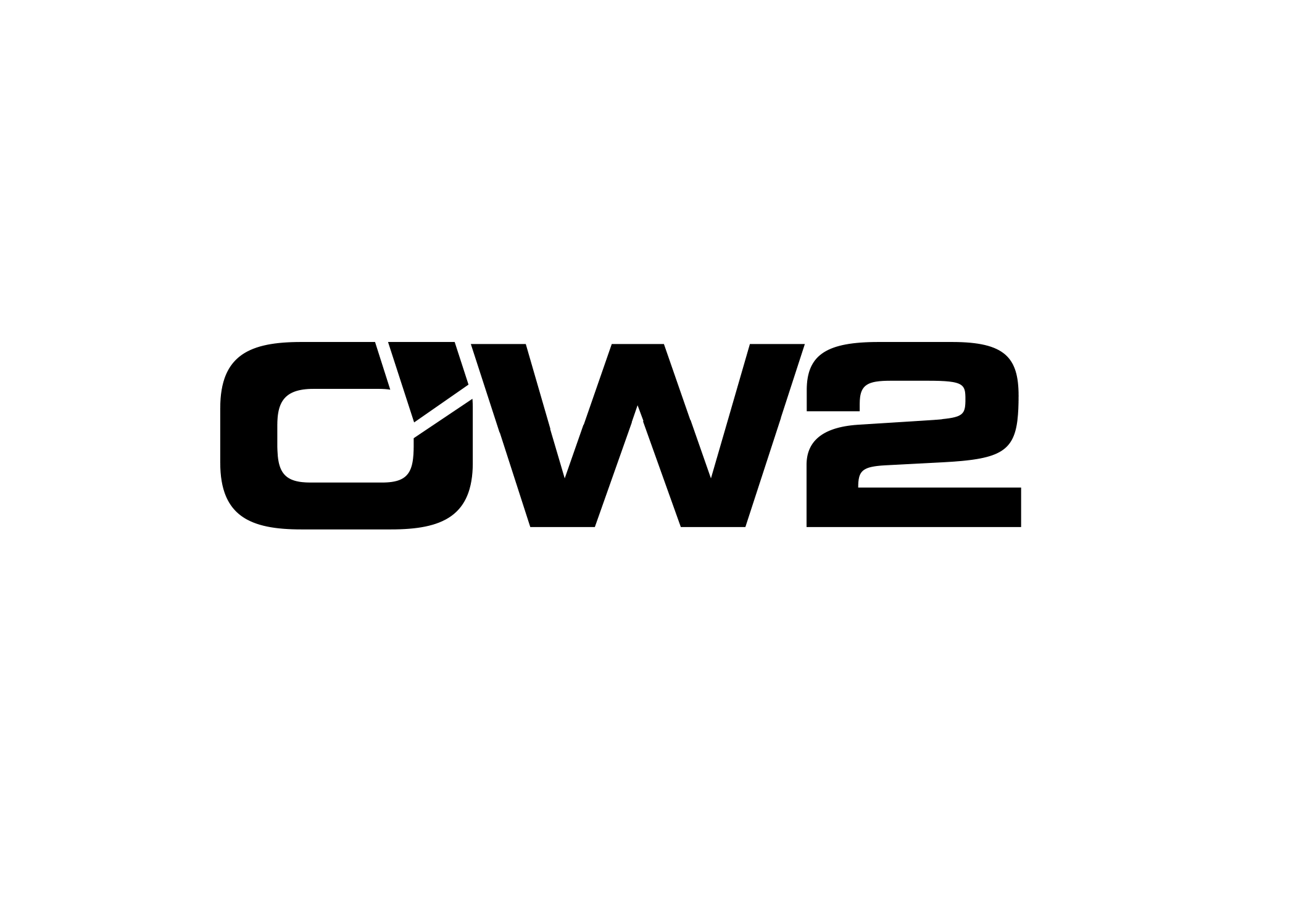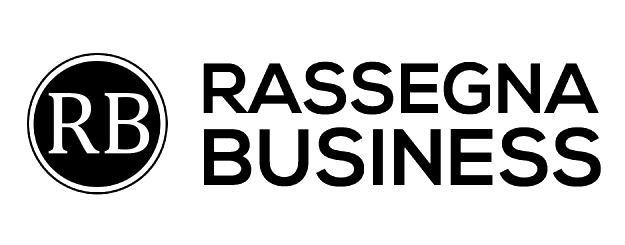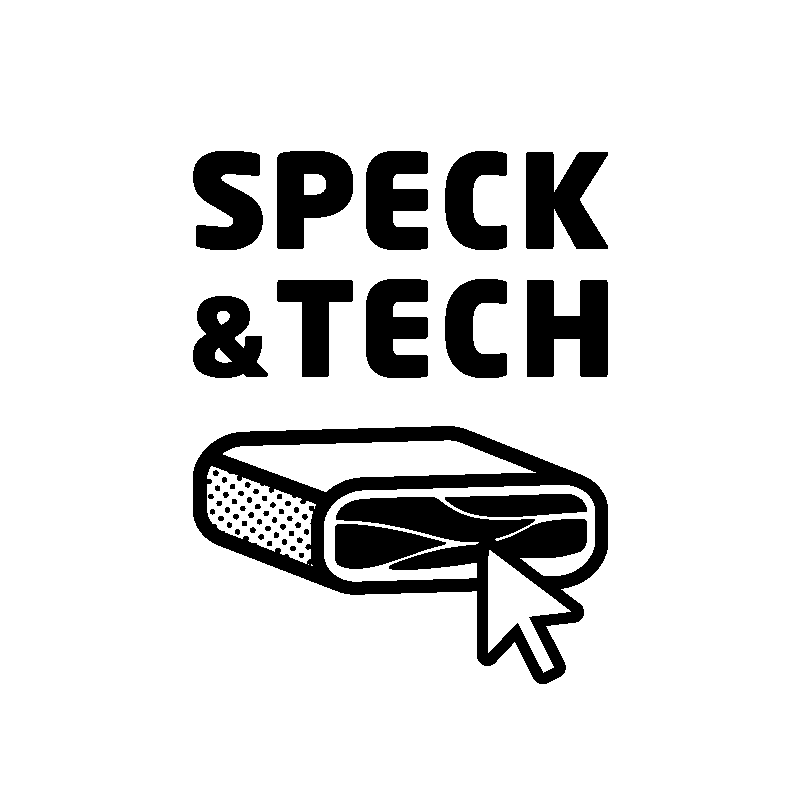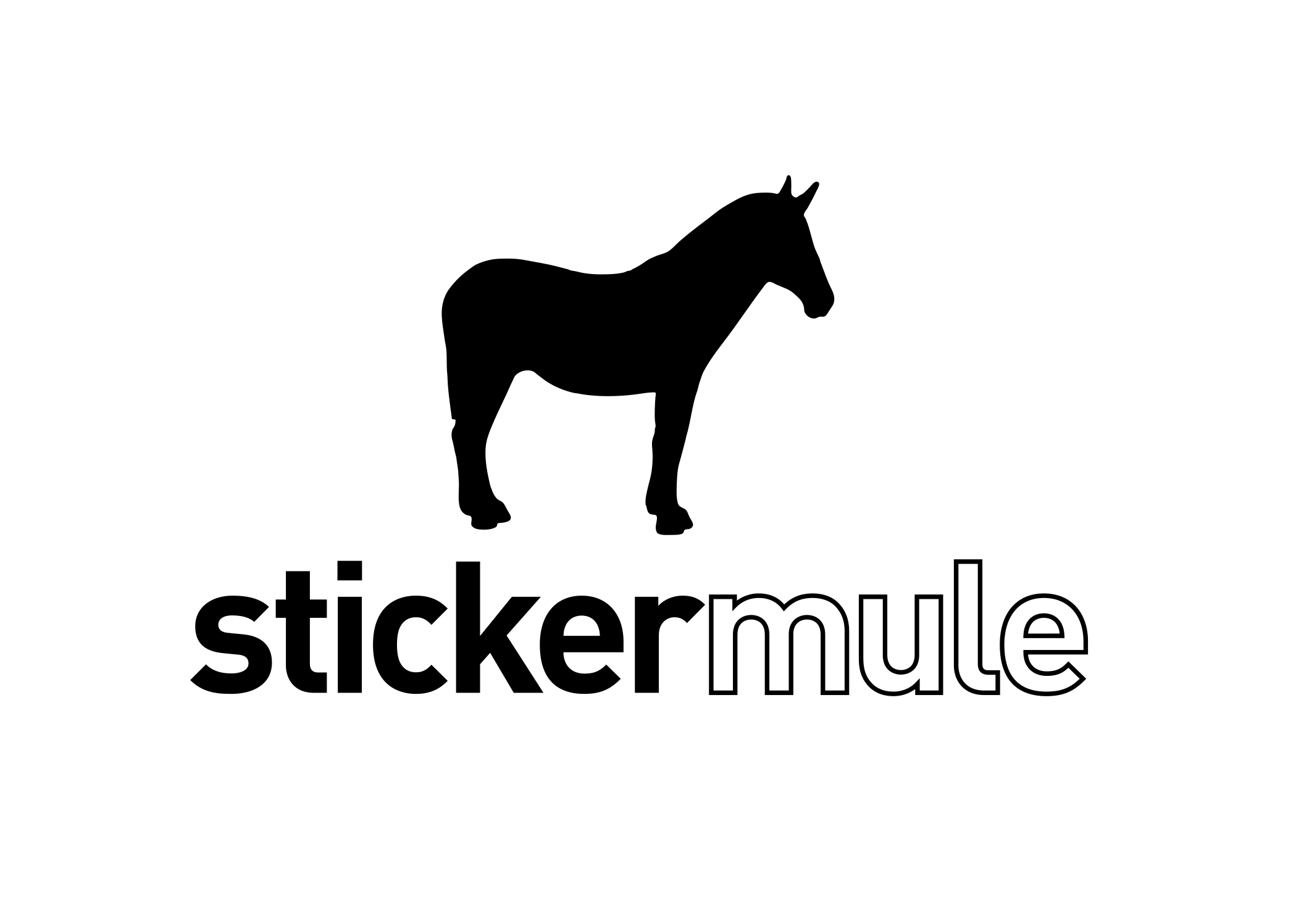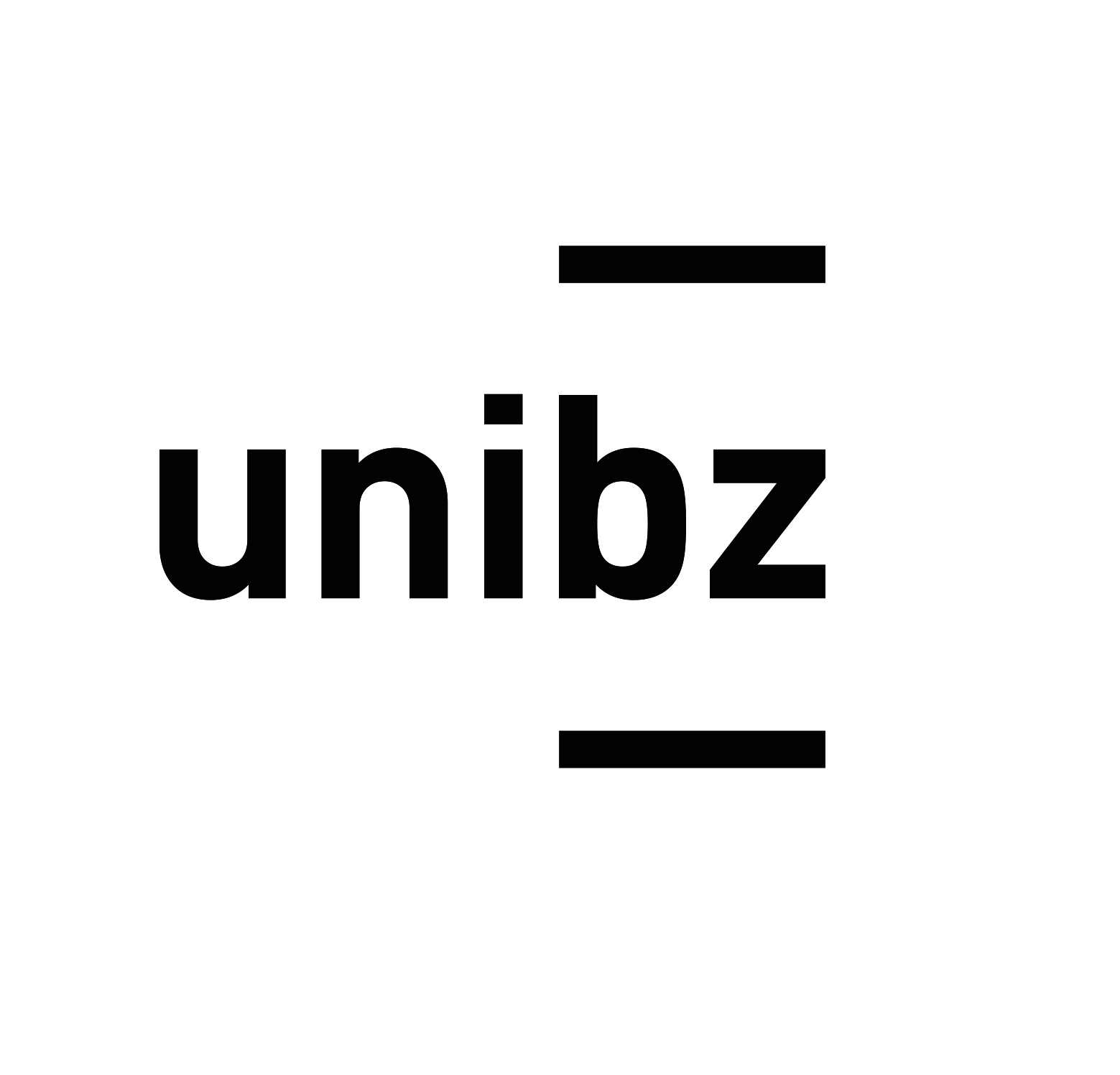The TRANS-SAHARA project supports climate change adaptation and mitigation in the Greater Northern African Region through scalable agroforestry systems embedded in a Water-Energy-Food-Ecosystems (WEFE) Nexus framework. This approach recognizes the interdependence of resources and promotes integrated, sustainable solutions in vulnerable contexts.
The main objective of this research is to design and develop a decision-making support tool assisting researchers, policymakers, and local stakeholders in planning agroforestry interventions across regional Living Labs, local community-based sites where innovations are co-created and tested with project stakeholders. The tool aims to enable comprehensive analysis by integrating environmental, hydrological, socio-economic, and governance-related data, facilitating an inclusive evaluation of trade-offs and synergies. By incorporating multi-stakeholder perspectives, it supports more holistic and robust decision-making—an essential feature given the inherently multi-factor nature of the optimization problem the project aims to address.
Effective collaboration and impact in sustainability research hinge on the open sharing of data and metadata. The tool is built upon Eurac’s research data infrastructure, known as the Environmental Data Platform (EDP). It integrates data discoverability through an open metadata management system and cataloging, implemented using Geonetwork. These platforms promote FAIR data principles, enabling reproducibility, discoverability, and interoperability across disciplines and geographic regions.
The TRANS-SAHARA Agroforestry Design Intervention Tool is designed not only as a technical solution but as a platform to foster long-term collaboration, knowledge transfer, and capacity building between European and African partners. It will support the co-design and validation of nature-based solutions in Living Labs in Tunisia, Ghana, and Ethiopia, and contribute to broader initiatives like the UNCCD Great Green Wall.
Ultimately, the tool aspires to become a replicable model for inclusive, data-driven planning in climate resilience and sustainable land management.
This research is funded by the framework of TRANS-SAHARA project, funded by European Union under the Horizon Europe Framework Program Grant Agreement Nº: 101182176.


